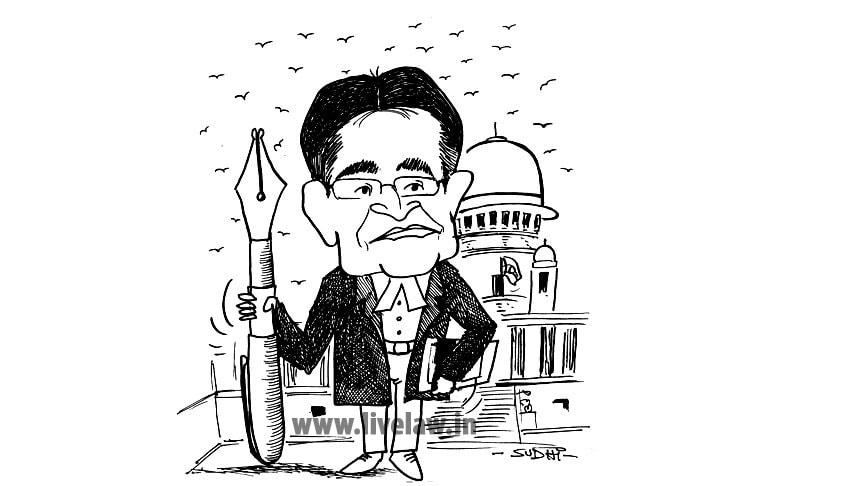NJAC verdict: After then CJI Lodha’s tough words, Govt should have seen it coming?
LIVELAW NEWS NETWORK
20 Oct 2015 4:35 PM IST

Next Story
20 Oct 2015 4:35 PM IST
On August 15, 2014, a day after Parliament passed the bill for setting up the National Judicial Appointments Commission, the then Chief Justice of India R. M. Lodha, present CJI H L Dattu’s predecessor, surprisingly minced no words while warning the Central government against encroaching into the sphere of the judiciary and reminded the centre of the principle of separation of power...
